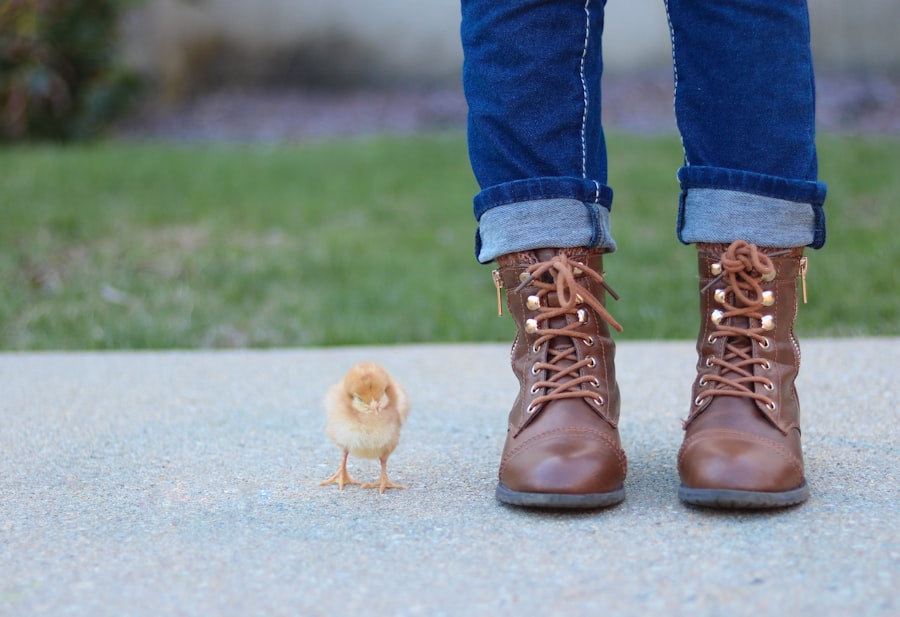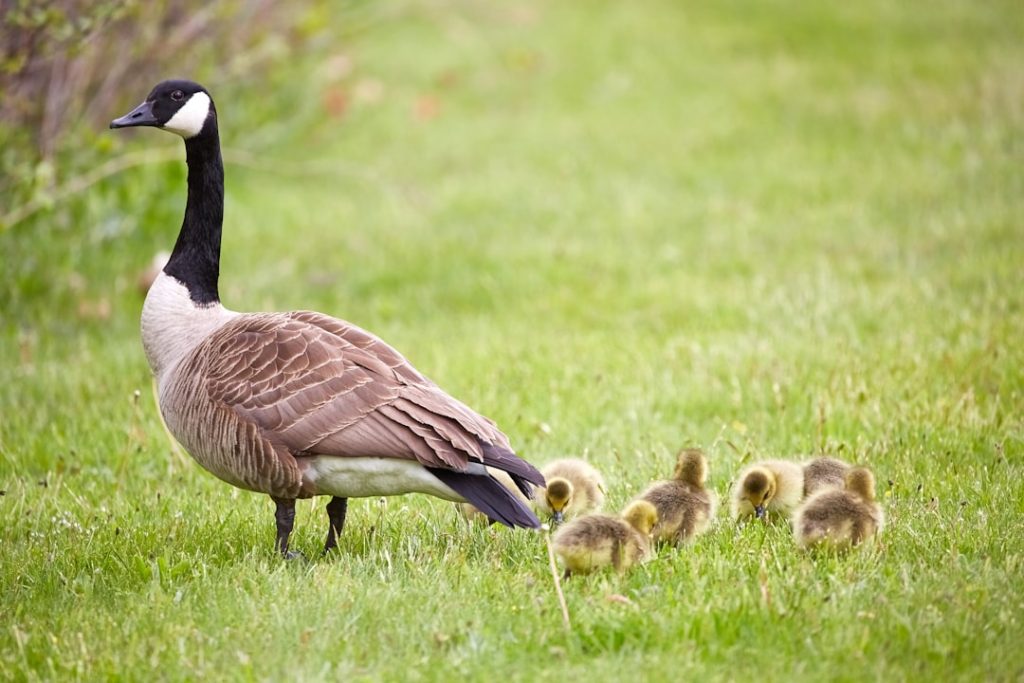Baby duck duck breeds are a popular choice for many people looking to add a unique and charming pet to their lives. These adorable creatures come in a variety of breeds, each with its own distinct characteristics and traits. From the playful and energetic Mallard to the calm and gentle Pekin, there is a baby duck breed to suit every personality and lifestyle. Whether you are looking for a pet that is easy to care for, or one that will provide hours of entertainment, baby duck duck breeds are a great option. In this article, we will explore the different characteristics of baby duck duck breeds, popular breeds, caring for baby duck duck breeds, choosing the right breed for you, training and socializing baby duck duck breeds, and the health and wellness of these delightful creatures.
Table of Contents
Key Takeaways
- Baby duck breeds come in a variety of sizes, colors, and temperaments, making them a popular choice for backyard farming and pet ownership.
- Different duck breeds have unique characteristics such as egg production, foraging ability, and temperament, making it important to research and choose the right breed for your needs.
- Popular baby duck breeds include the Pekin, Mallard, Khaki Campbell, and Runner, each with their own distinct traits and qualities.
- Caring for baby duck breeds involves providing proper housing, nutrition, and healthcare to ensure their well-being and development.
- When choosing the right baby duck breed for you, consider factors such as space availability, climate, and your own lifestyle and preferences.
Characteristics of Different Duck Breeds
Baby duck duck breeds come in a wide range of sizes, colors, and temperaments. The Mallard, for example, is a small and energetic breed that is known for its playful nature and striking green and purple plumage. On the other hand, the Pekin is a larger breed with a calm and gentle disposition, making it a popular choice for families with children. Other popular baby duck duck breeds include the Khaki Campbell, Rouen, and Indian Runner, each with its own unique set of characteristics. Some breeds are known for their excellent egg-laying abilities, while others are prized for their meat or ornamental value. When choosing a baby duck duck breed, it is important to consider factors such as space requirements, temperament, and intended use in order to find the perfect match for your lifestyle.
Popular Baby Duck Duck Breeds
There are several popular baby duck duck breeds that are commonly kept as pets or for agricultural purposes. The Pekin duck is one of the most popular breeds due to its calm and friendly nature, making it an excellent choice for families with children. The Khaki Campbell is another popular breed known for its excellent egg-laying abilities, making it a favorite among backyard poultry enthusiasts. The Indian Runner is a unique breed with an upright posture and distinctive walking style, making it a popular choice for those looking for an entertaining and unusual pet. Other popular baby duck duck breeds include the Rouen, Cayuga, and Welsh Harlequin, each with its own set of characteristics and traits that make them well-suited for different purposes.
Caring for Baby Duck Duck Breeds
Caring for baby duck duck breeds requires careful attention to their housing, diet, and overall well-being. These creatures thrive in environments with access to water for swimming and foraging, so it is important to provide them with a suitable pond or water source. Additionally, baby duck duck breeds require a balanced diet that includes a combination of commercial duck feed, fresh vegetables, and access to insects and other natural foods. It is also important to provide them with shelter that protects them from predators and extreme weather conditions. Regular veterinary check-ups and vaccinations are essential to ensure the health and wellness of baby duck duck breeds. Overall, providing a safe and enriching environment is key to caring for these delightful creatures.
Choosing the Right Baby Duck Duck Breed for You
When choosing the right baby duck duck breed for you, it is important to consider factors such as space requirements, temperament, intended use, and personal preferences. If you have limited space, a smaller breed such as the Mallard or Indian Runner may be a better fit for your lifestyle. For those looking for excellent egg-laying abilities, the Khaki Campbell or Welsh Harlequin may be the ideal choice. If you are interested in raising ducks for meat production, larger breeds such as the Pekin or Rouen may be more suitable. It is also important to consider the temperament of the breed and how it will fit into your household. Some breeds are more social and friendly, while others may be more independent or reserved. Taking the time to research and understand the characteristics of different baby duck duck breeds will help you make an informed decision when choosing the right breed for you.

Training and socializing baby duck duck breeds is an important aspect of caring for these delightful creatures. From a young age, it is important to handle and interact with baby ducks regularly to help them become accustomed to human contact. This will help them become more social and friendly as they mature. Additionally, providing them with enriching activities such as swimming in water or foraging for food will help keep them mentally stimulated and happy. It is also important to establish a routine for feeding and care to help them feel secure and comfortable in their environment. Positive reinforcement training techniques can be used to teach baby ducks basic commands and behaviors, such as coming when called or staying in their designated area. With patience and consistency, baby ducks can be trained to be well-behaved and enjoyable companions.
Health and Wellness of Baby Duck Duck Breeds
The health and wellness of baby duck duck breeds are essential for their overall well-being. Regular veterinary check-ups are important to monitor their health and address any potential issues early on. It is also important to provide them with a balanced diet that meets their nutritional needs and ensures their growth and development. Access to clean water for swimming and foraging is essential for their physical and mental well-being. Additionally, providing them with shelter that protects them from predators and extreme weather conditions will help keep them safe and healthy. It is also important to provide them with opportunities for exercise and mental stimulation to prevent boredom and promote overall wellness. By providing a safe and enriching environment, along with regular veterinary care, you can ensure the health and happiness of your baby duck duck breeds.
If you’re considering raising baby duck breeds, you may also be interested in learning about the housing needs of turkeys. Poultry Wizard has a helpful article on whether turkeys need a coop, which can provide valuable insights into creating suitable living arrangements for your feathered friends. Check out the article here to ensure that your turkey and duck coops are well-designed and appropriate for their needs.
FAQs
What are the different breeds of baby duck ducks?
There are several different breeds of baby duck ducks, including the Pekin, Khaki Campbell, Indian Runner, and Muscovy.
What are the characteristics of baby duck duck breeds?
Each breed of baby duck duck has its own unique characteristics, including size, color, and temperament. For example, Pekin ducks are known for their large size and white feathers, while Indian Runner ducks are known for their upright posture and ability to run rather than waddle.
What are the common uses of baby duck duck breeds?
Baby duck duck breeds are commonly used for egg production, meat, and as pets. Some breeds are also used for their down feathers, which are used in pillows and bedding.
What should I consider before getting a baby duck duck breed as a pet?
Before getting a baby duck duck breed as a pet, it’s important to consider their specific needs, such as access to water for swimming, appropriate housing, and a proper diet. It’s also important to consider the long-term commitment of caring for a duck, as they can live for 8-12 years.
Are baby duck duck breeds good for pest control?
Some baby duck duck breeds, such as Indian Runner ducks, are known for their ability to control pests in gardens and on farms. They are natural foragers and can help to control insects and weeds.
Meet Walter, the feathered-friend fanatic of Florida! Nestled in the sunshine state, Walter struts through life with his feathered companions, clucking his way to happiness. With a coop that’s fancier than a five-star hotel, he’s the Don Juan of the chicken world. When he’s not teaching his hens to do the cha-cha, you’ll find him in a heated debate with his prized rooster, Sir Clucks-a-Lot. Walter’s poultry passion is no yolk; he’s the sunny-side-up guy you never knew you needed in your flock of friends!







